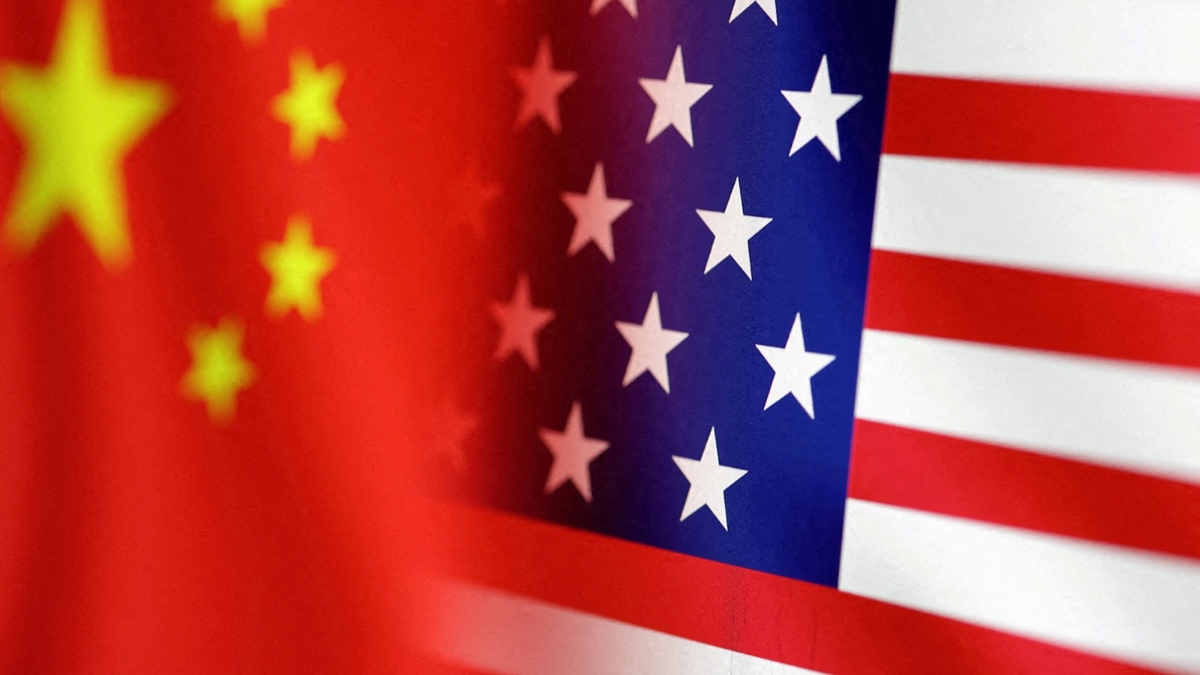China has announced countermeasures against nine U.S. military-industrial firms following Washington’s recent arms sales to Taiwan. The retaliatory move was revealed by China’s foreign ministry on Wednesday, 18 September, targeting companies involved in the sale of military equipment.
According to the ministry, the measures include freezing the U.S. firms’ properties within China and preventing any transactions with domestic entities. The affected companies include Sierra Nevada Corporation, Cubic Corporation, and S3 AeroDefense, among others.
The move comes after the U.S., on 16 September, approved the sale of aircraft spare parts worth US$228 million to Taiwan. Taiwan’s Ministry of National Defense stated that the purchase would strengthen its military’s combat readiness in light of increasing tensions with China over its air and maritime borders.
China condemned the sale, asserting that it violated the “one-China principle” and interfered with the country’s internal affairs. Beijing accused Washington of undermining China’s sovereignty and territorial integrity, citing the U.S.-Taiwan arms deal as a clear breach of the three Sino-U.S. joint communiques.
Under China’s “Anti-Foreign Sanctions Law,” the foreign ministry stressed that the nine U.S. companies involved in the deal would face strict punitive measures. Although specific timelines for these actions remain unclear, the Chinese government indicated that both diplomatic and economic means would be employed to respond to what it views as provocative actions by the United States.
These developments are part of a broader escalation in Sino-U.S. relations, as Taiwan continues to be a focal point in disputes between the two nations. The countermeasures reflect Beijing’s firm stance on what it considers an infringement on its sovereignty.

